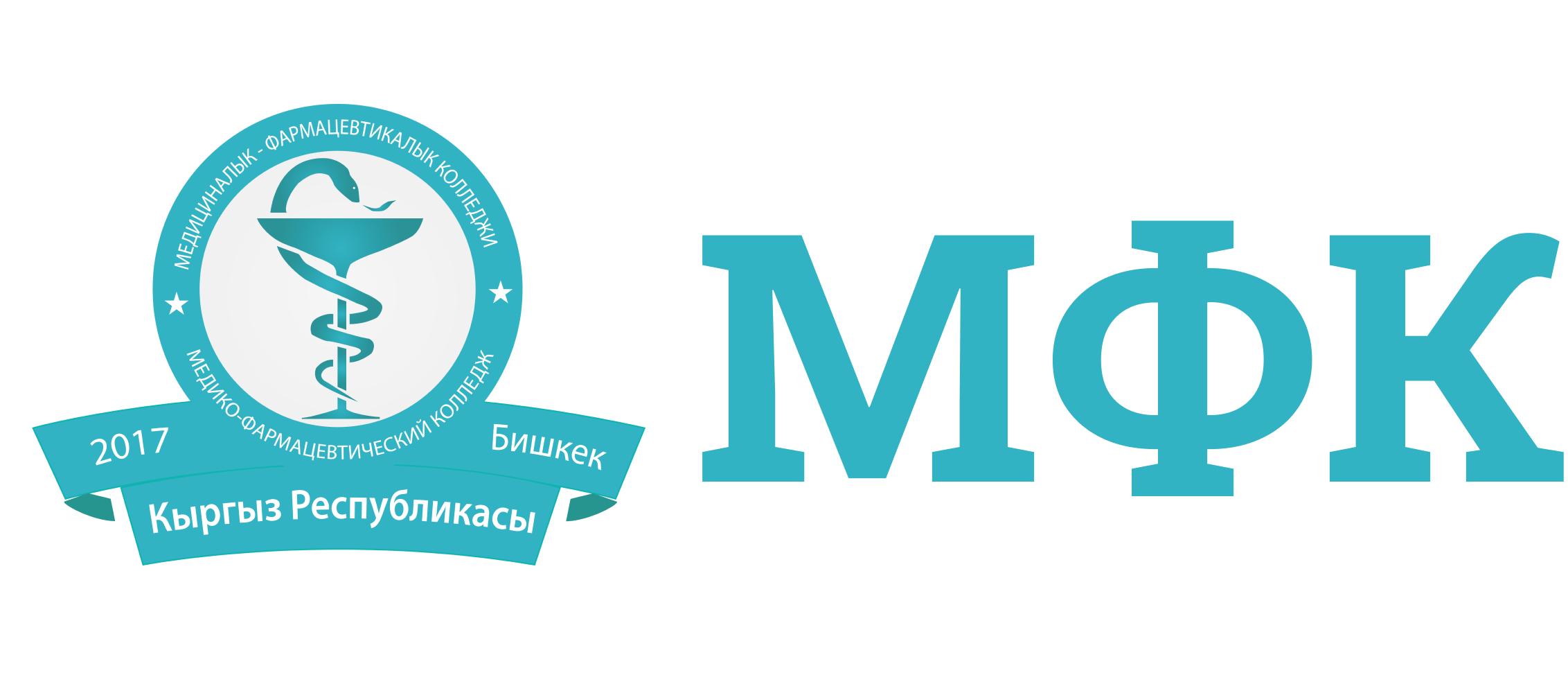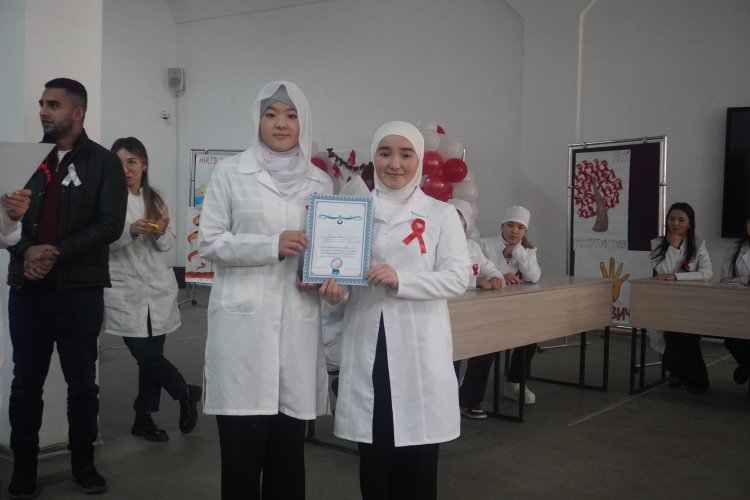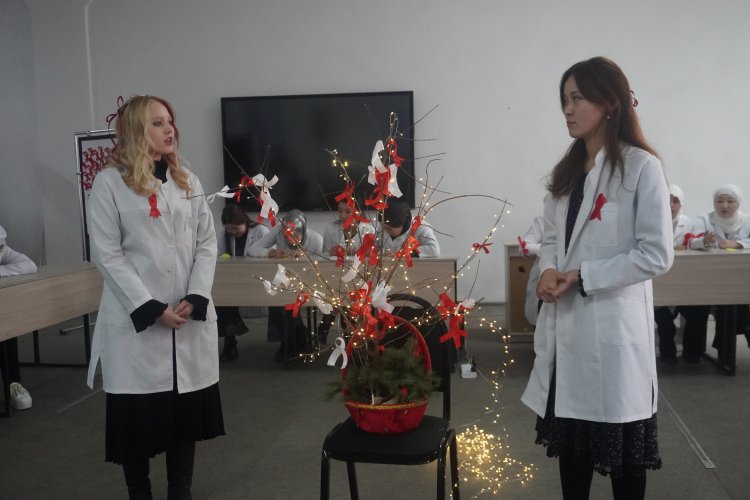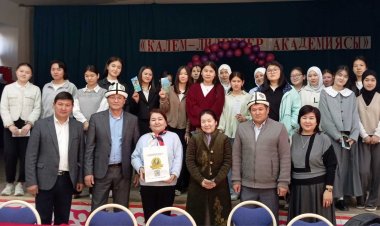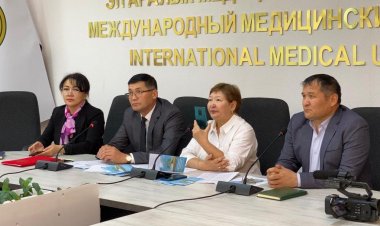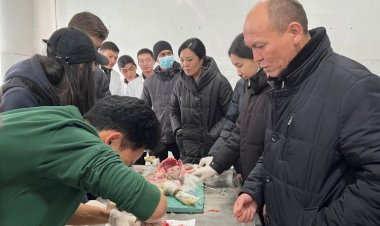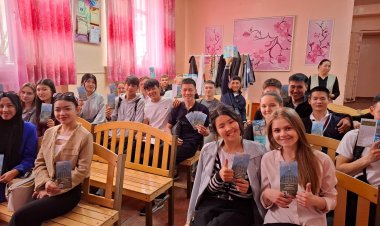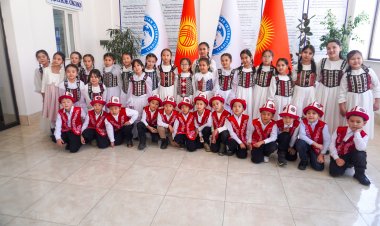Contest in the Medical and Pharmaceutical College dedicated to the World AIDS Day
An exciting competition dedicated to World AIDS Day was held at the College of Medicine and Pharmacy. Five teams of first year students took part in it: “Immune Defense”, “Pulse of Time”, “Red Ribbon”, “SD-4” and “Health is Life”.
Why it matters.
AIV and AIDS are global issues that affect millions of lives. Awareness raising activities become an integral part of prevention. The contest was organized to help students gain a better understanding of the issue, learn ways to prevent the disease and learn how to share this important information with those around them.
How did the competition work?
First, the participants greeted each other and introduced their teams. Their speeches included colorful mottos and original names, which immediately set a positive atmosphere.
Then began the competition program, which included oral questions, crosswords, tasks for logic and attentiveness. For example, one of the tasks was to solve a thematic riddle about the ways of transmission of AIV, and in another stage - to make a step-by-step plan of preventive measures. The audience was involved as much as the participants themselves: the spectators not only supported the teams, but also learned important facts themselves.
Special attention was paid to the educational part. Before the start of the competition, general information about AIV/AIDS was presented, and during the performance of tasks, the participants and the jury discussed details about symptoms, modes of transmission, modern approaches to treatment and prevention.
Results and awards
The competition turned out to be intense and exciting. The jury noted the high level of preparation of all participants. The prize places were distributed as follows:
1 place: “Immune Defense” and “Pulse of Time”.
2 place: “Red Ribbon” and “Health is Life”.
3 place: “SD-4.”
What does this mean for students?
Events like this are important not only for the participants, but for the entire audience. Students not only gained new knowledge, but also learned how to discuss complex topics in an accessible way. Such experience contributes to the prevention of infectious diseases and strengthening the culture of health among young people.
